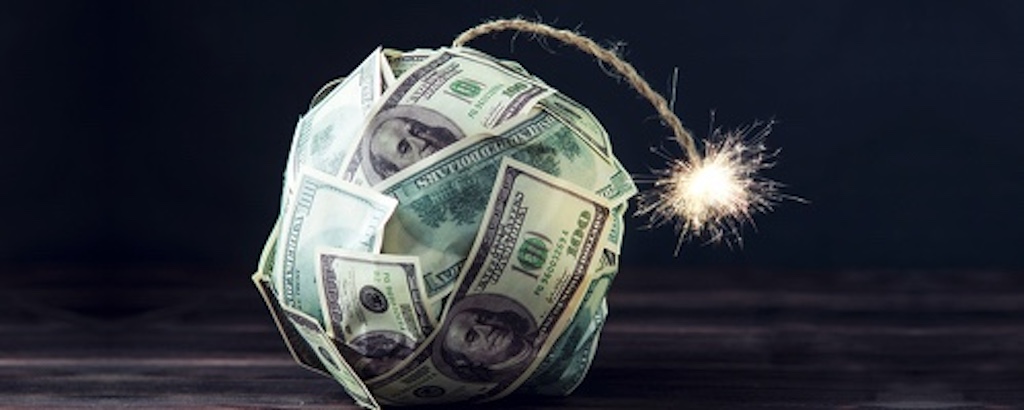VT Legislature Drops Property Transfer Tax Bomb
Posted on 7/24/2024 by David M. Dion
VT Legislature Drops Property Transfer Tax Bomb
The Vermont Legislature did not do the great majority of Vermont property owners any favors with the recent passage (and then override of Governor Scott’s veto) of H136.
Beginning on August 1, 2024 Non-Homestead properties (residential properties that will not serve as the principal residence of the buyer) will be faced with a property transfer tax at time of sale of 3.4% of the purchase price. This is an increase from 1.25% of the purchase price. These transactions also face a “clean water surcharge” increase to the 3.4% tax of .22% bringing the total tax rate to 3.62% of the sale price.
So for example, if someone purchases a vacation home or condominium in the Mad River Valley for $500,000. The property transfer tax will increase from $ 7,350.00 to $18,100.00. At the risk of stating the obvious this tax increase will have an extraordinarily dampening effect on real estate sales in the Mad River Valley.
It’s a classic Robin Hood piece of legislation that is generally intended to increase the tax burden on vacation homeowners and decrease the tax burden on lower priced primary homeowners. Of course it’s a complicated formula. Why? Because it’s Vermont!
Ok now bear with me on this. If the real estate purchase is for a principal residence, then the property transfer tax rate will reduce to 0.5% on the first $200,000 of the sale price (an increase from $100,000). Then for values exceeding $200,000 (that would be the vast majority of sales) the tax rate on the excess will be 1.47%. (This rate includes that “clean water surcharge”.)
There are exceptions to the tax rate. If the purchase is funded by a mortgage from the Vermont Housing and Conservation Trust Fund (these are funds collected through your property and other taxes), or if the purchase is financed by a mortgage from the Vermont Housing and Finance Agency or VHFA (which is funded by, you guessed it, your property and other taxes), then the first $250,000 of the sale price will be exempt from the tax. The purchase will also be exempt from the “clean water surcharge”.
Notably, the increased rate of 3.62% does not apply to commercial properties, long-term rentals, or seasonal properties. Those properties will be taxed at 1.47% of the purchase price (the prior rate was 1.45%).
In order for the new 3.62% rate to apply, the property must meet all of the following criteria: (a) a residential property fit for habitation on a year-round basis; (b) not used as the buyer's primary residence; and (c) does not require a landlord certificate. (A landlord certificate must be filed with the Vermont Department of Taxes in order for a tenant to claim the Renter's Rebate on their taxes).
Landlords are required to file the certificate if they rent the property for a period of 30 consecutive days or more.
If this attempt at providing a simplistic explanation is confusing, (indeed I’m not certain I have it 100% correct) then good luck extracting the information from the actual piece of legislation which can be found here:
Of course, if you were not paying close attention you would never know this onerous tax increase was part of the act in the first place, because it is cleverly titled, “H.687 An act relating to community resilience and biodiversity protection through land use”. God forbid the act was titled, “An act to take more of your money”!
And if this news is not painful enough to stomach then consider H.877 “the yield bill” which is designed to fund Vermont’s public education system by, you guessed it, raising your property taxes! But not just raising your property taxes by 3 or 4 or 5%. How about raising our property taxes by an average of 13.8%!
As a result of these two acts of the Vermont Legistature we can most certainly expect a sharp slowdown in real estate sales and a mass exodus of vacation homeowners who will call these two pieces of legislation, “acts that broke Camel’s Humps back”.


